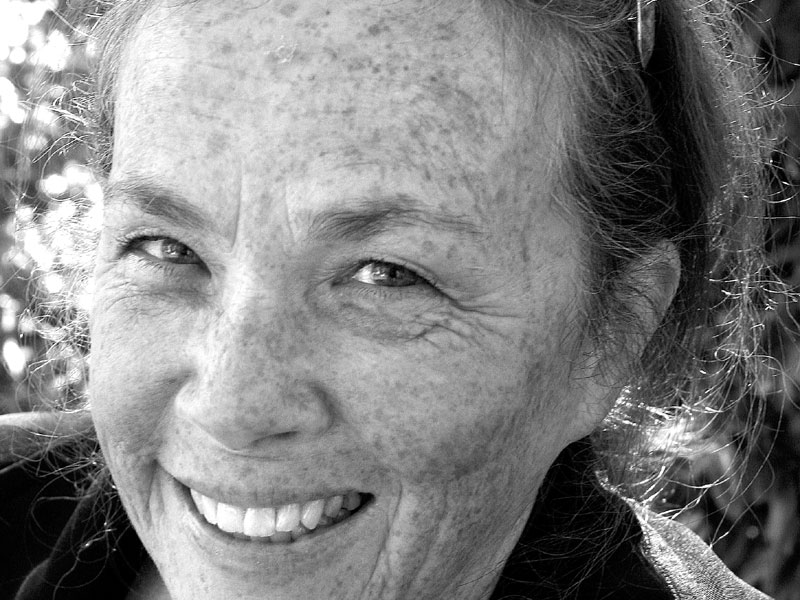Columnists
Help the helpers

Homelessness. It takes the starch out of one’s sails. Everyone’s sails. Let me start by pointing out those people who are homeless don’t want to live rough. And, this community doesn’t want to be the place where encampments pop-up here, there and almost everywhere. Homelessness brings about the issue of health, sanitation and safety—for everyone. And here we are. We’ve just had a lively discussion, on the socials, about a person making a camp on the Millennium Trail. If you don’t know, The Millennium Trail is a recreational area. It isn’t equipped with the facilities needed to support people who are forced to live rough. For a lot of people it’s probably difficult to believe this community has an issue with homelessness and the under-housed. Like it or not, there are people in our community who are homeless and/or under-housed. In spite of that reality there seems to be a whole lot of people who are skating along the edge of NIMBY-ism. It seems we don’t want people to live in perilous conditions but we also don’t want those people to remind us it happens in every community by living in those conditions.
And here we are. Last week a young person was seen, apparently, setting up a camp on the Trail. I’m sure it isn’t the first time a person sought out an out-of-the-way place to build a shelter in this community and I’m sure it won’t be the last time it happens. If anything, I think we’ll be seeing more cases of homelessness in the coming months and years. Having no choice but to live out-of-doors is a symptom of something gone terribly awry in our society and/or in a homeless person’s private life. When the best a person can hope for is a leanto or a tent or cardboard to protect them from the elements we’ve got some very serious community issues. So, as a community, what can we do? In my opinion it’s important to note that by averting our eyes (leaving the person alone) or not saying or doing something positive we are opening our community up to problems bigger than the “not in my backyard” issues. We all know we have a crisis in the making. When people are living in shelters, tents, sleeping in doorways, on sidewalks or spending the night on someone’s couch or in an unused shed or hunkered down in a garage we can’t sit back and say things like “leave them alone”. I can’t even imagine how alone a person must feel when their only recourse is an encampment “off the beaten path”. That’s alone.
I don’t have a solution stuffed up my sleeves. I wish I did. What I have been thinking is homelessness is a very complex problem which can’t be completely resolved with one kind of fixy-fixy. Generally speaking, people who are homeless are shunned by society. In principle we all know what needs to happen to offer shelter, relief, safety and comfort. But in practice providing service for homeless people is very complicated, so complicated a firm decision to do something is likely to be stalled before it even gets started. And, while I don’t have the answer—I never said I did—I do know the solution needs to be handled by organizations which are qualified to to deal with the nature and the causes of homelessness. We know, from a government perspective, there will never be enough funding for a complete resolution. Additionally, it’s difficult to convince the government to get on board because helping the homeless isn’t profitable, but in the long run, helping is cost saving. People who have a safe place to live, with access to healthcare, food and transportation, are less likely to be a drain on precious community resources.
Having financial challenges and/or mental health concerns are the leading causes of homelessness in Canada. As fairly robust community we have great capacity to help by supporting the local organizations and agencies which are best suited to deal with housing those people who are homeless in our community. “Having a safe and stable place to call home is central to leading a healthy and prosperous life. In 2021, Canadian households were asked if they had ever experienced some form of homelessness in their lifetime. Over one in ten (11.2 per cent) Canadians or 1,690,000 people reported that they had.” And, as a caring community we have the capacity to shut-down those individuals who see homelessness as a choice.
Find the helpers. Help the helpers.

Comments (0)